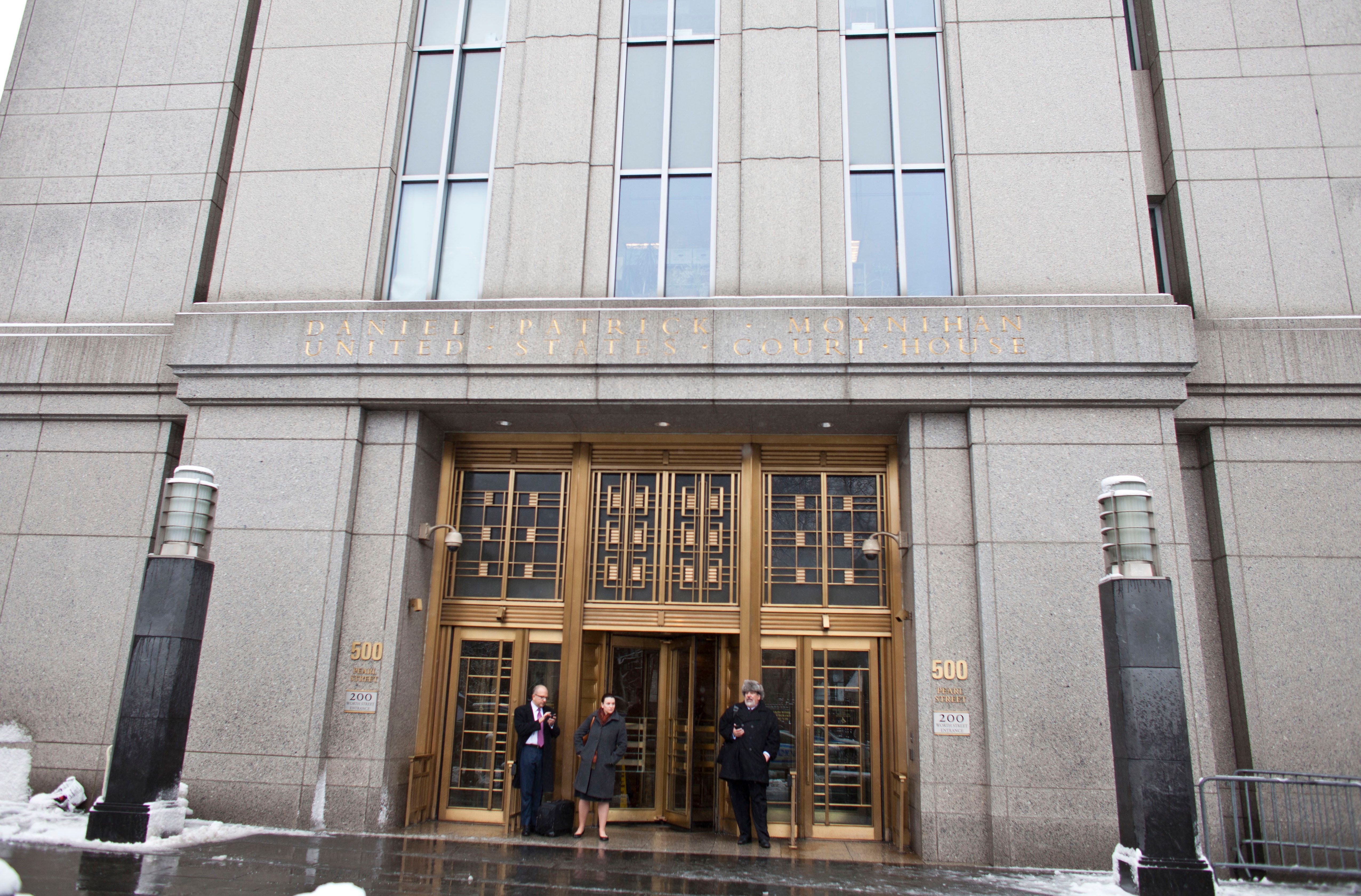Ripple Launches Coinbase Crypto Futures on $3 Trillion Platform-A Game Changer for Institutions!

This development allows financial institutions to trade regulated crypto derivatives through a market monitored by the Commodity Futures Trading Commission. Ripple reported that its Prime platform processed over $3 trillion in trades during 2025.




